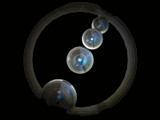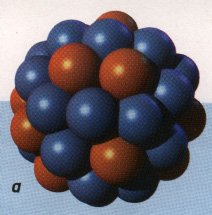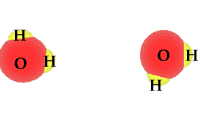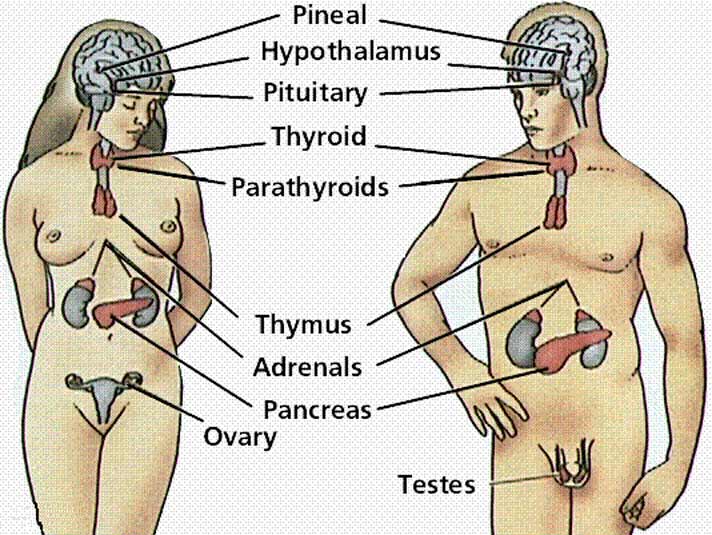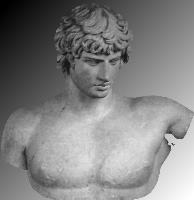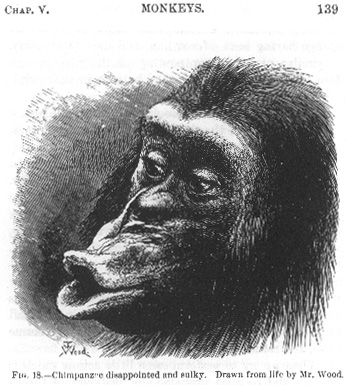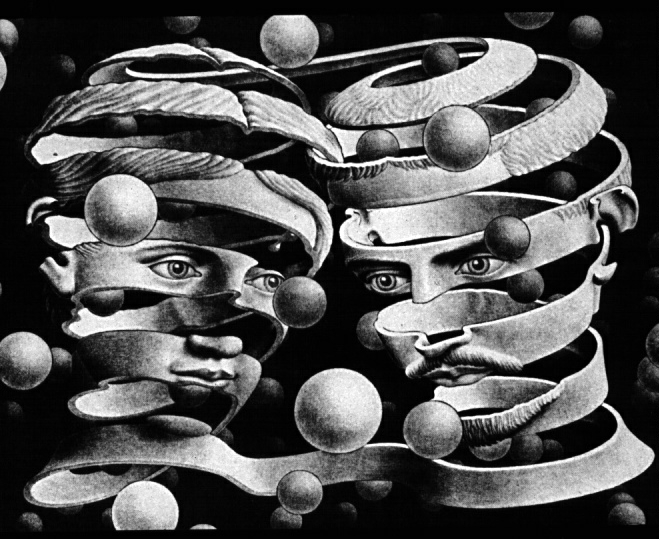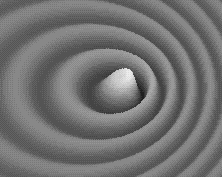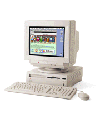There are questions to pose?
How are questions about the material world different from questions about behavior (ethos) ?
Do behavioral questions (what do people do and how should we behave) diverge in quality from questions of morality (ethics)?
When moral questions involving what we ought to know increase our powers to do harm or good, how should we act on that knowledge?
We may or may not be able
to answer two aspects of this responsibility that comes with knowledge:
* power to do what and
* what ought we to
know?
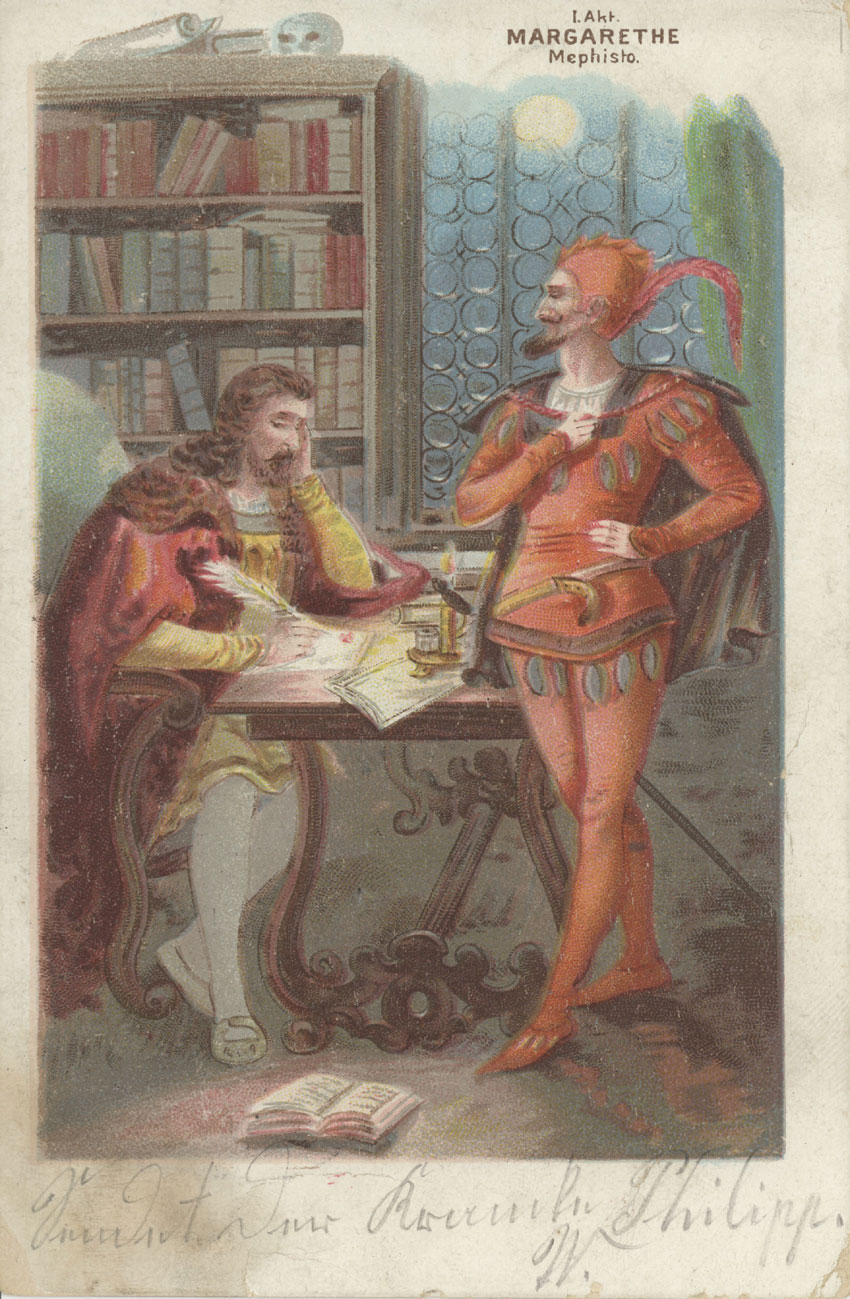
Faust in his bargaining with Mephistopheles (the devil).
The myth of Faust suggests that there are some forms of knowledge that humans are not capable of handling responsibly because we as a society are too immature to understand the consequences of our actions, no matter how noble, pure, and beneficent the motives.
How
do you distinguish between the real and the imagined?
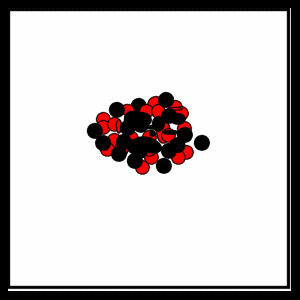
A fission reaction occurs faster than our senses can detect.
Reality
is?

A seasonal river runs through Canyon de Chelly, Arizona.
Ideas
are?


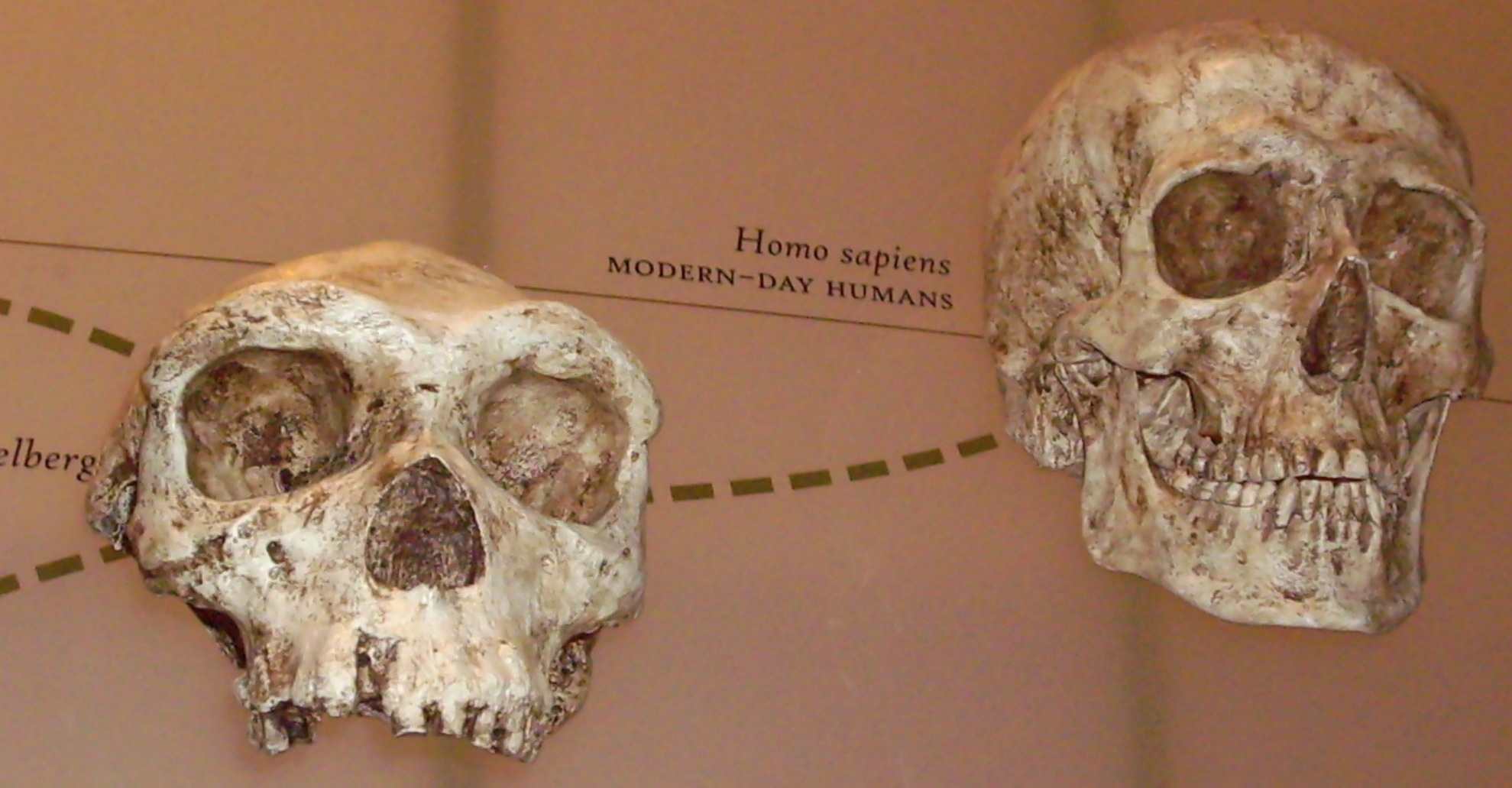
Language,
myth and meaning.
When interpreting
representations, ideology, metaphors,
art and similes, the imagination can be fooled
by idolatry.
To avoid the
paradoxes inherent in knowing
the world we must be sure to always assure that:
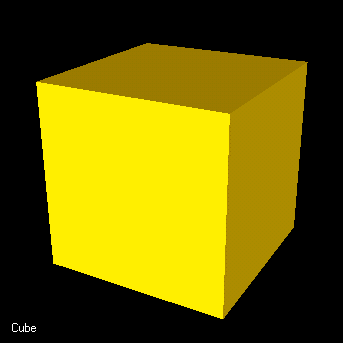
the image ties to
substance
idols align with accurate ideas
senses are expressed in thought
picture corresponds to message
surface links with
underlying meaning
affect ties to cognition
symbols carefully reflect beliefs
apprehension serves to promote comprehension
Without some
means of inquiry, or method of analysis,
we are unable to distinguish the real from the fantasy,
the actual from the merely formal. 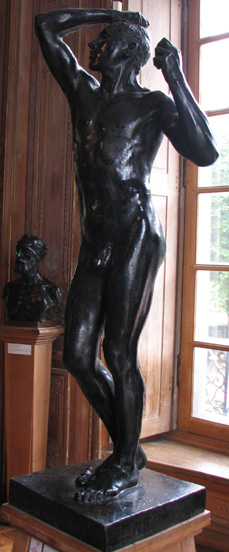
Human advancement relies on the capacity to distinguish real threats and opportunities from imagined fears and paranoid threats. For instance, our senses can be deceptive.
Experts in human understanding of ourselves in the world include:
Jacob Bronowski
Fritjof Capra
Alfred Crosby
Charles Darwin
Clifford Geertz
Karen Horney
T. E. Hulme
Richard Lewontin
Thomas Malthus
Leo Marx
Lewis Thomas
Ian Tattersall
Rodin's, The Bronze Age
Diverging questions | reality contrasted with fantasy | meaning of language & myth | mirages | cosmology | contradictions
Cosmos is the Greek concept for order in the universe (One song).
The
world as ordered time.
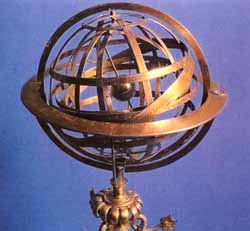
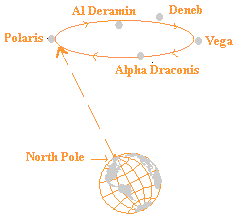
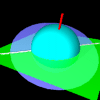
Precession of the equinoxes are due the movement of the earth on its axis with respect to the galaxy and movement of the distant stars.
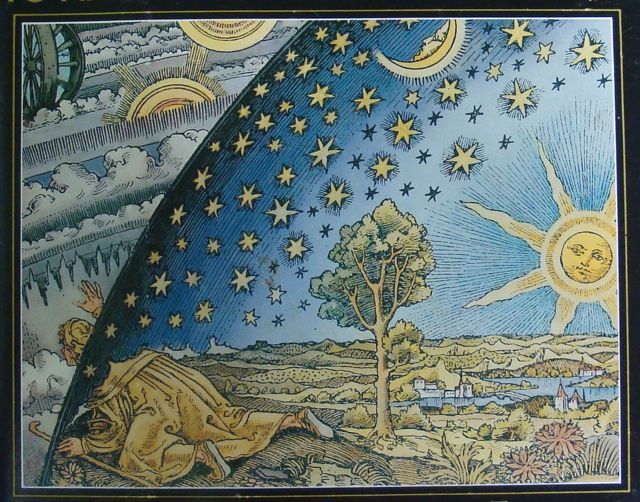
In German thought,
the world is seen as both something we discover and something we construct.
All three considerations emerge from our perception of something larger and
less transient than ourselves.
These three
weltanschauung which are perceptions
of the world are called:

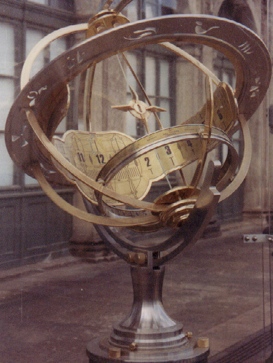
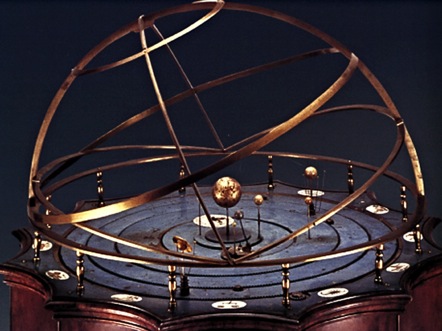
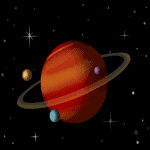
The Armillary Sphere and the Orrery is a representation of the earth in the celestial heavens, or the stars, moon, planets and sun. Far right: Saturn's moons revolve around the super giant gas planet.

Diverging questions | reality contrasted with fantasy | meaning of language & myth | mirages | cosmology | contradictions
next
The world that we experience is both seen and not seen.
| Sensed (seen) |
Unseen (yet experienced) |
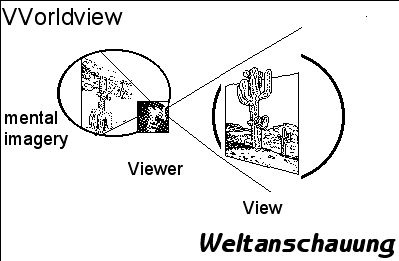 |
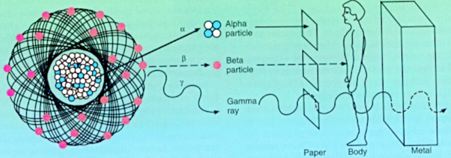 |
A method is the application of a precise process
in order to distinguish between the real and imagined events.
|
Method to discern the:
|
|
actual
|
|
ideal
|
| Real
|
contrasted
|
Imagined
|
| exists |
method
|
illusory
|
| substantial
|
means
|
ephemeral
|
| embodied
|
practical
technique
|
intangible
|
|
Existence
|
|
Fantasy
|
| certainty
|
|
uncertainty
|
|
|
|
|
|
condition
substance,
material
|
|
image
imagination,
magi
|
Dialectical tension: an example of the apparent incompatibility of opposite concepts.
science
subjects

![]()
![]()
